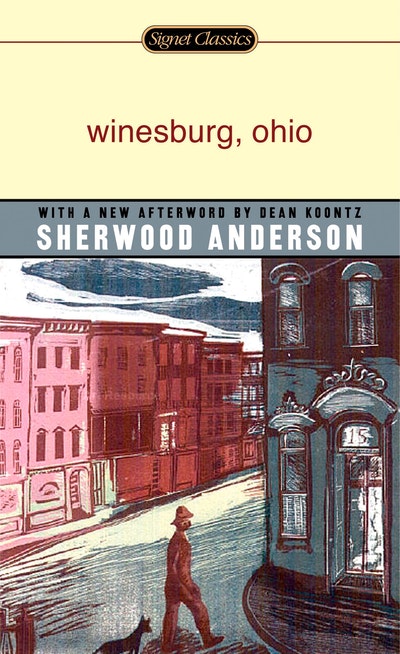[]
- Published: 1 November 2005
- ISBN: 9780451529954
- Imprint: Signet
- Format: Paperback
- Pages: 272
- RRP: $14.99
Winesburg, Ohio
Formats & editions
Buy from…
- Published: 1 November 2005
- ISBN: 9780451529954
- Imprint: Signet
- Format: Paperback
- Pages: 272
- RRP: $14.99
"He was the father of my whole generation of writers." William Faulkner
"A work of love, an attempt to break down the walls that divide one person from another, and also, in its own fashion, a celebration of small-town life in the lost days of goodwill and innocence." Malcolm Cowley









